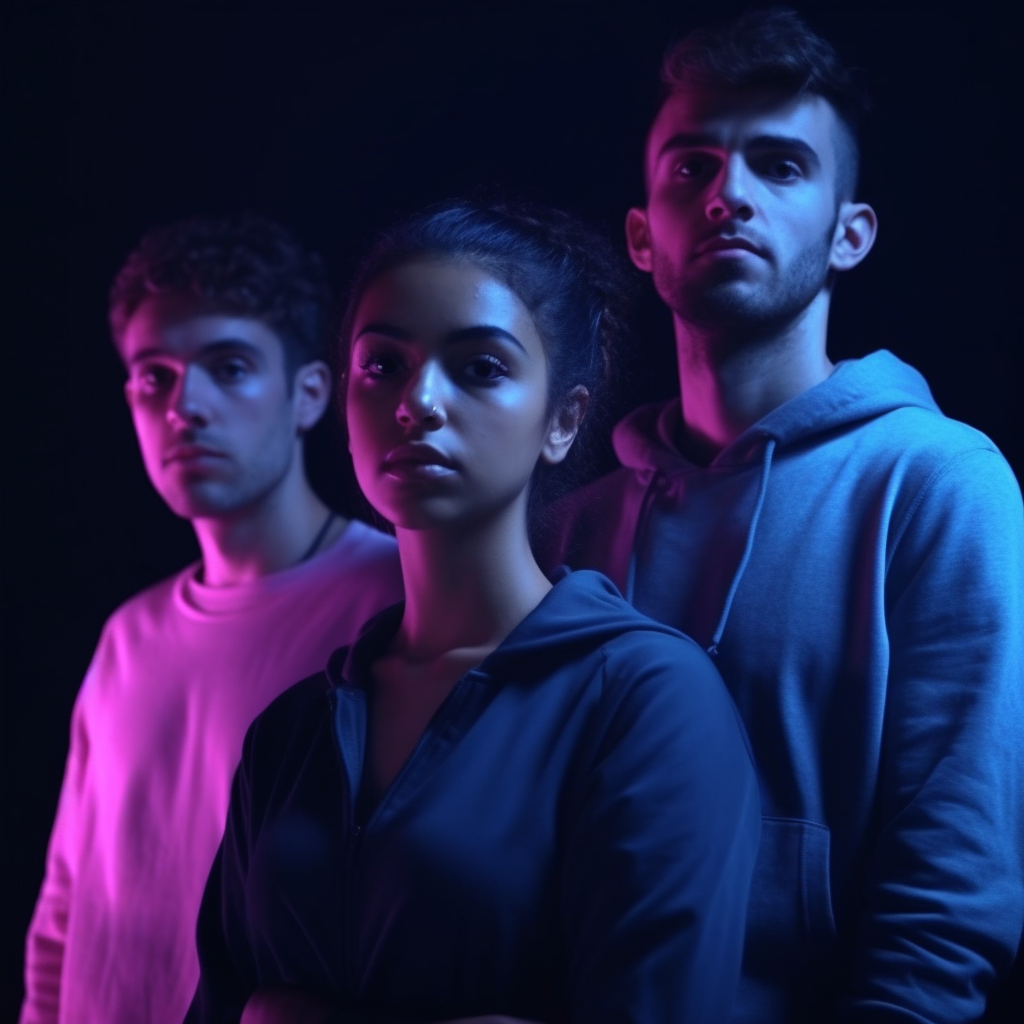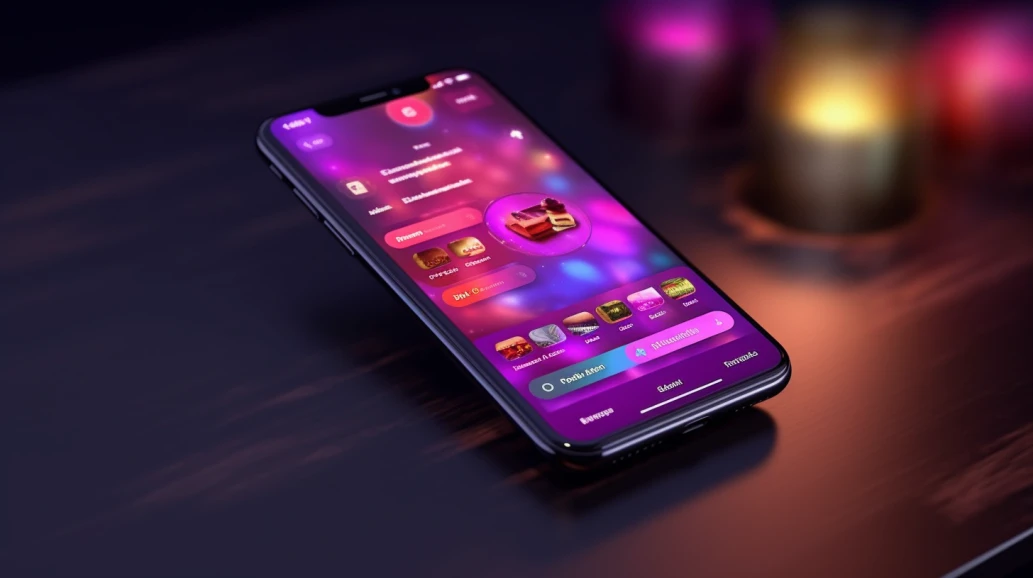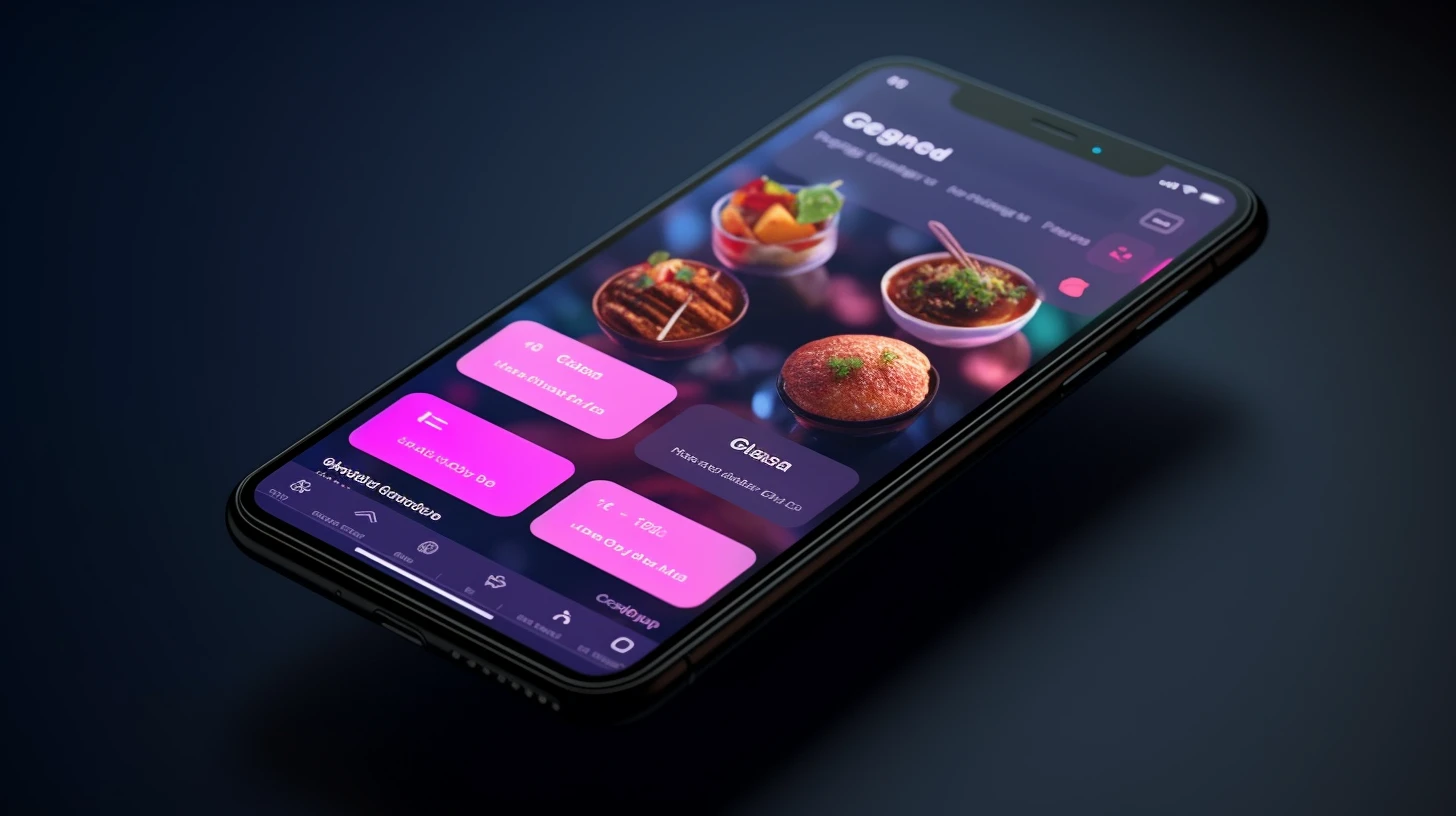Who is a Flutter Developer? Overview of the Role and Skillset
Learn about the pivotal role of a Flutter developer in mobile app development. Discover more about their responsibilities, from designing intuitive interfaces to implementing efficient code. Delve into the essential skills required for creating high-quality apps using Flutter's cross-platform capabilities.

In this article, we will explore the role and skillset of a Flutter developer. Flutter has gained significant popularity in the mobile app development space for its cross-platform capabilities and rapid development. We will delve into the responsibilities of a Flutter developer, including app development, code implementation, bug fixing, API integration, and performance optimization.
For those eager to delve deeper into Flutter development, we recommend checking out the following articles:
- How to Create Your First Simple Mobile Application with Flutter: This article provides a step-by-step guide on building your first mobile application using Flutter. It covers the basics of Flutter development, including setting up the development environment and creating a simple app.
- How to Design a Menu with Flutter: Designing an intuitive and visually appealing menu is essential for a successful mobile application. This article walks you through the process of designing a menu using Flutter, covering layout design, typography, and responsive design techniques.
Now, let's dive into the comprehensive overview of the role and essential skills of a Flutter developer.
Role of a Flutter Developer
The role of a Flutter developer is centered around creating and shaping mobile applications using the Flutter framework. Developed by Google, Flutter is a cross-platform mobile UI framework that allows developers to build high-quality native interfaces for both iOS and Android platforms with a single codebase.
A Flutter developer plays a pivotal role in the entire mobile app development lifecycle, from concept to deployment. They are responsible for designing user-friendly and visually appealing interfaces, implementing the app's functionalities using Dart programming language, and ensuring seamless performance across different devices. Additionally, they are proficient in integrating APIs and third-party libraries to enhance app capabilities.
Moreover, a significant aspect of a Flutter developer's role is to troubleshoot and debug applications, ensuring a smooth and bug-free user experience. Their expertise lies in optimizing app performance, ensuring fast loading times, and efficient resource usage. As mobile app demand continues to grow, Flutter developers remain at the forefront of innovation, crafting dynamic and engaging applications that resonate with users worldwide.
Core Responsibilities of a Flutter Developer
App Development and Design
A core responsibility of a Flutter developer is to bring app concepts to life through the development and design process. They work closely with UI/UX designers and stakeholders to create visually appealing and user-friendly interfaces. Leveraging Flutter's rich set of pre-built widgets, they build responsive layouts, implement animations, and ensure a seamless user experience across different devices.
Code Implementation
Flutter developers are proficient in Dart programming language, using it to write clean, efficient, and well-structured code. They translate design specifications into functional code, implementing various app features and functionalities. Adhering to industry best practices, they organize codebase for easy maintenance and collaboration with other team members.
Bug Fixing and Troubleshooting
Throughout the development process, Flutter developers encounter bugs and issues that require prompt resolution. They possess strong problem-solving skills and a systematic approach to debugging. By identifying and fixing issues quickly, they ensure the app's stability and reliability.
Integration of APIs and Third-Party Libraries
To extend app capabilities, Flutter developers integrate APIs and third-party libraries. They connect the app to external services, such as databases, payment gateways, or social media platforms, enabling seamless data exchange and enhanced functionality.
Performance Optimization
Flutter developers prioritize app performance and efficiency. They optimize the codebase and utilize Flutter's native features to reduce app loading times, enhance responsiveness, and minimize resource consumption. By fine-tuning the app's performance, they deliver an optimal user experience.
Essential Skills for Flutter Developers
Proficiency in Dart Programming Language
As the primary language used in Flutter development, a deep understanding of Dart is essential for Flutter developers. They should be well-versed in Dart's syntax, data types, control structures, and object-oriented programming principles. Proficiency in Dart enables them to write clean and efficient code, implement complex functionalities, and handle asynchronous operations effectively.
UI/UX Design
A solid grasp of UI/UX design principles is crucial for Flutter developers. Understanding layout design, typography, color schemes, and responsive design allows them to create visually appealing and user-friendly interfaces. By aligning their development with the app's design guidelines, they enhance the overall user experience and ensure the app's success in the competitive market.
Flutter SDK and Framework
Mastery of the Flutter SDK and its framework is a fundamental skill for every Flutter developer. They should be familiar with Flutter's widgets, state management solutions (like Provider or Bloc), navigation patterns (such as Navigator), and other essential packages. This expertise allows them to build feature-rich and efficient applications, catering to a wide range of user needs.
Version Control
Flutter developers should be proficient in using version control systems like Git. This skill helps them track changes, collaborate with team members, and manage the codebase efficiently. Proper version control practices enable seamless integration of new features, bug fixes, and maintain a reliable codebase.
Problem-Solving and Debugging
The ability to identify and resolve issues quickly is a hallmark of an excellent Flutter developer. They should have strong problem-solving skills and a systematic debugging approach. This skill helps them overcome challenges efficiently, maintain code quality, and deliver a bug-free app.
Testing and Quality Assurance
Thorough testing is crucial to ensure the reliability and stability of mobile applications. Flutter developers should be familiar with different testing methodologies like unit testing, integration testing, and widget testing. By implementing various testing techniques, they ensure that the app functions as expected and meets high-quality standards.
Conclusion
As mobile app development continues to advance, the role of a Flutter developer has become increasingly vital. Their expertise in Flutter framework and Dart programming language enables them to create dynamic and innovative applications for both Android and iOS platforms. By continuously enhancing their skills and keeping up with the latest advancements in the Flutter ecosystem, these developers can stay at the forefront of mobile app development and contribute significantly to the digital world.



